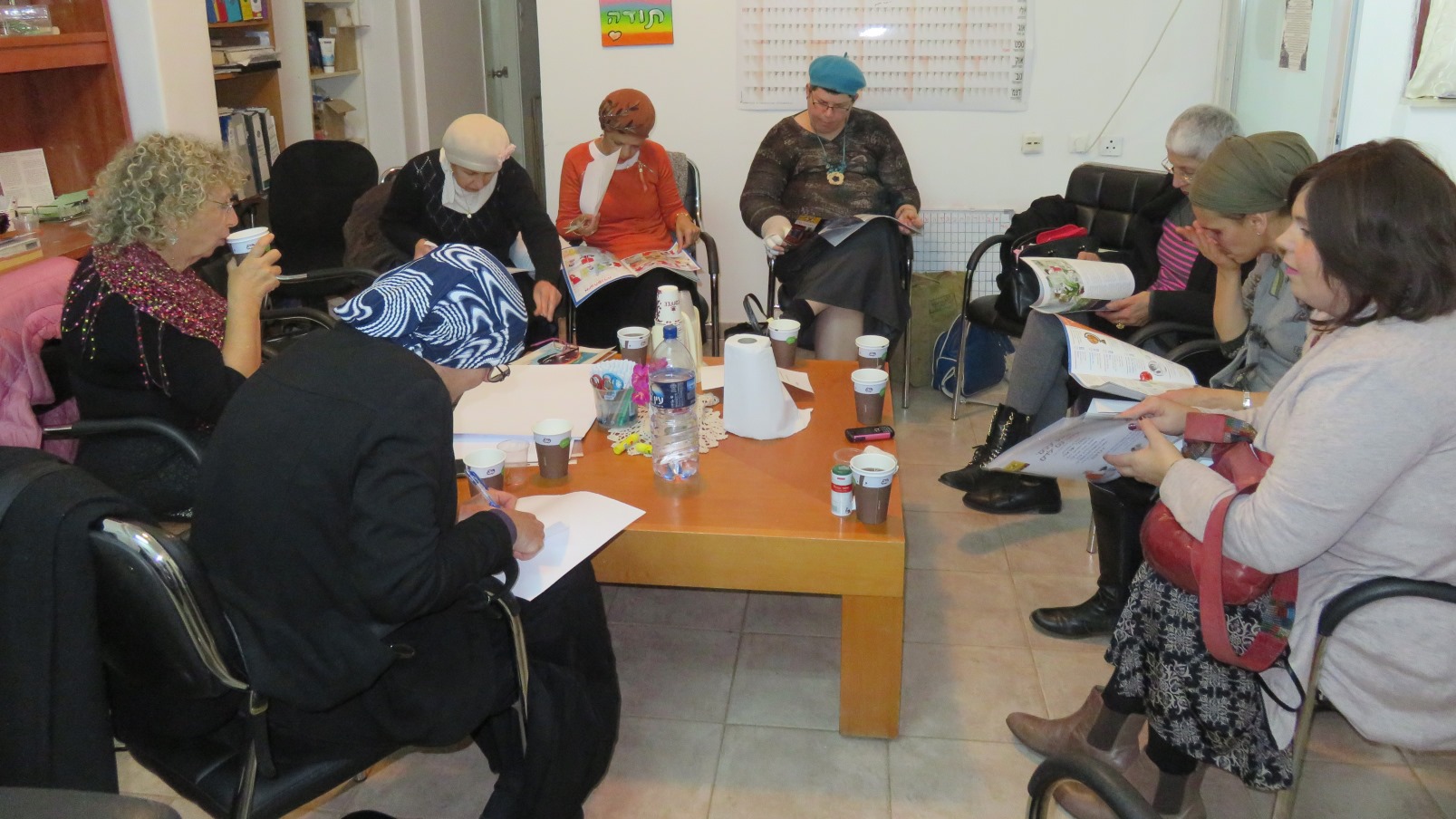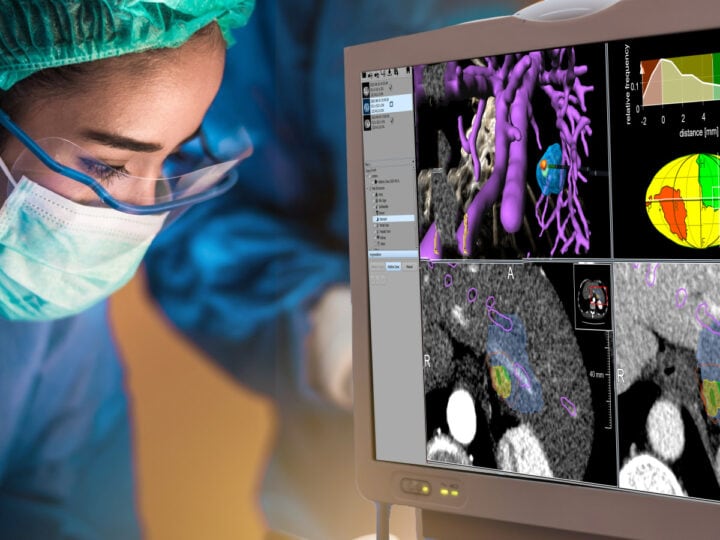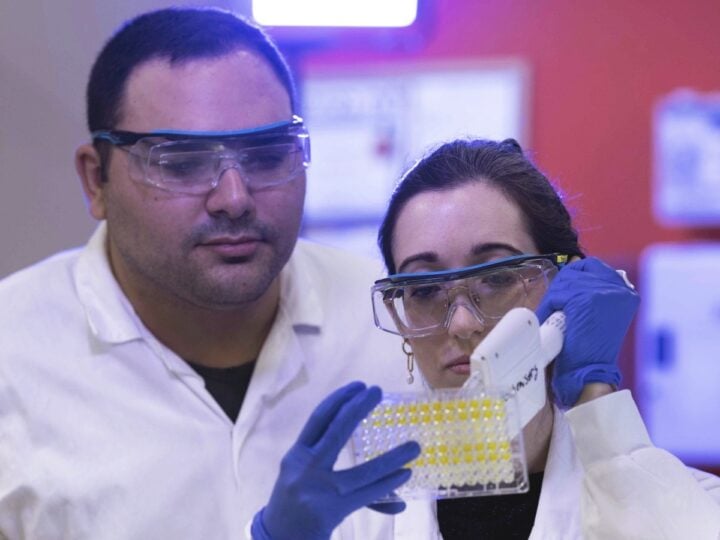“Yonah,” a professional pastry chef in her 30s, was eager to continue her rewarding career after completing cancer treatment.
However, the rounds of chemotherapy and surgeries left her without the strength and stamina she needs for this taxing type of work. She realized she’d need another way of earning a living until her strength returns, but had no idea how to begin exploring other possibilities.
Yonah was one of the first group of participants in Careers after Cancer, a new program of Jerusalem-based Beit Natan, a non-profit, volunteer-run community health resource, advocacy and cancer support center serving Israelis (mostly women) from low-income, immigrant and underserved communities.
Careers after Cancer is unique in Israel and possibly in the world, says Esther Zemel, hotline and support groups coordinator at Beit Natan.
“It grew out of Beit Natan staff speaking to women who either finished treatment or have a chronic form of cancer but are able to work. Many of them were saying, ‘Now what?’ They are no longer considered patients and their families and/or employers expect them to go right back to what had been, but they can’t do that because they are not the same person anymore, or don’t have the same energy or motivation,” Zemel tells ISRAEL21c.
As cancer treatment improves, an estimated 70 percent of those diagnosed will recover and return to their routine. However, about 40% have to make changes to their working lives due to the effects of the illness and treatment. And many face prejudice and inflexibility from employers because of fatigue and frequent absences.
While government agencies in Israel and in many other countries offer workforce reintegration and retraining programs, they tend to focus on specific skills rather than guiding participants in choosing a new direction based on personal interests.
“We wanted to take a more holistic approach and help them to rediscover their own skills and direct them to a new path after this life-changing event,” says Zemel.

Concrete targets
The first Careers after Cancer series began in November last year and included five sessions, with a sixth planned later on for the eight initial participants.
Clinical social worker Miri Mazeh, who has led other workshops at Beit Natan, was recruited to facilitate the sessions. She teaches courses on communication skills and the psychological effects of disease to family medicine residents at Hebrew University-Hadassah Medical School in Jerusalem.
“My approach is to identify strengths within yourself that you can build on for the future,” Mazeh tells ISRAEL21c. “These might include, for example, an optimistic outlook, courage, strong decision-making or social skills, or a willingness to take initiative.”
In the first session, she led a discussion about the difficulty of change and the importance of finding meaning in life. She advised that it’s best to set concrete targets and take small steps toward each target, “not being afraid of mistakes and failures along the way and not letting them set you back.”
Group members were encouraged to consider what skills they might have that could be beneficial in a different kind of job.
“Yonah is an excellent chef but she can be excellent at something else too,” says Mazeh. “Each woman was in a different state of mind and health, but our sessions provided them all with hope and motivation to reevaluate their abilities and return to work on their own terms.”
Mazeh also emphasized the critical role of family support for this significant change. “Without family support the chances of success are slim,” she says frankly.
Looking forward, participants were apprised of government programs for which they may qualify, such as National Insurance Institute job retraining, counseling and rehabilitation following disabling illness.
Since most of the participants happened to be ultra-Orthodox, Mazeh made sure they knew about The Jerusalem Hub (Temech), a program that offers religious women workshops about how to start and run a business.

Though Yonah is still pondering several possible career directions, some of the other women hope to start home businesses.
“Most of the women in the group feel they had experienced something unique via coping with cancer, something they wish to teach and mentor other women who might seek help in a life crisis,” says Mazeh.
Because not all potential participants can come to the sessions in Jerusalem, Beit Natan also is preparing articles and Q&A sheets about the topics Careers after Cancer covers to post online and to distribute through hospitals and social workers.
Careers After Cancer is partially funded by the Jewish Community Foundation of Greater Phoenix.
For more information, click here.

















